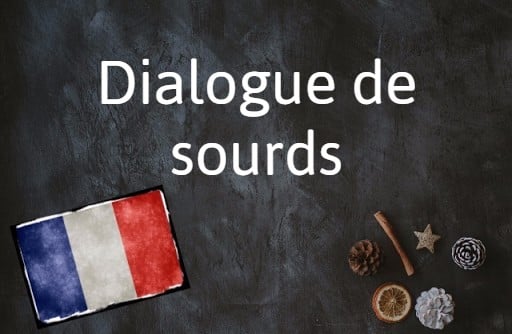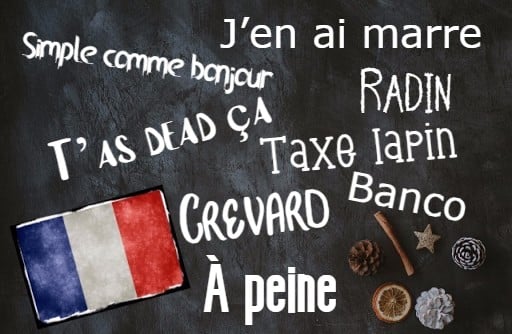Why do I need to know dialogue de sourds?
Because it perfectly captures the futility of conversations which are more like two overlapping monologues.
What does it mean?
Dialogue de sourds – roughly pronounced dee-ah-log duh swords – literally translates to a “dialogue of the deaf”, which does in fact exist in English but is much less common than the French idiom. A more widely-used English expression which gets at a similar idea is something which “falls on deaf ears”.
A dialogue of the deaf describes a discussion between two parties where neither party is really listening to the other or making an effort to understand their point of view.
People who participate in a dialogue de sourds believe they’re engaging in a discussion, but the whole process is futile because nobody will ever deviate from their original stance and so progress will never be made.
The expression has appeared in recent articles by the French press about negotiations between the unions and French President Emmanuel Macron’s government regarding the controversial topic of pension reform.
You may have also seen it in previous coverage of discussions between the UK and the European Union concerning trade barriers with Northern Ireland, or perhaps in other steps of the Brexit negotiations.
Use it like this
On assiste à un dialogue de sourds entre la France et les Etats-Unis – We’re witnessing a dialogue of the deaf between France and the United States
Malheureusement, le débat ressemble à un dialogue de sourds – Unfortunately, neither side in the debate is making any attempt to listen to the other



 Please whitelist us to continue reading.
Please whitelist us to continue reading.
Member comments